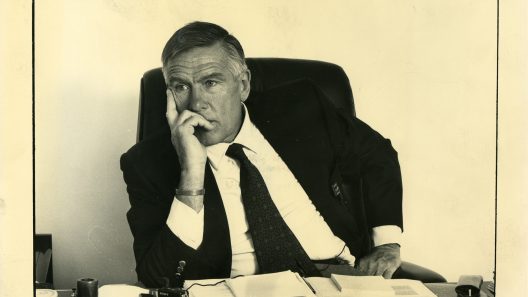
Franco Giraldi
Franco Giraldi was born in 1931, from a father from with Italian roots, and a mother from Carso, with Slovenian Roots. He grows up in a city, Trieste, torn in two in the after-war period. He makes the acquaintance of critics such as Tullio Kezich and Callisto Cosulich. Such a background and such people soon induce him to go on the other side of the fence: from critics of cinema (he was used to writing on L’Unità) to screen-writing and direction. Which is definitely uncommon… From then on, Giraldi will work for feature films and TV serials, sometimes under pseudonym (most of all, Frank Garfield). He soon has the chance to make acquaintance and work with Sergio Leone and Gillo Pontecorvo, Giuseppe de Santis and Sergio Corbucci. His debut is in the Spaghetti-western (7 pistole per i Mc Gregor, Sugar Colt, 7 donne per i Mc Gregor) and in the Italian comedy (Cuori solitari, La Bambolona, La supertestimone). He also makes TV serials such as La rosa rossa, Gli ordini sono ordini (written by Tonino Guerra and inspired by a short novel by Sergio Moravia); Il lungo viaggio (from Dostoevskij); Un anno di scuola (1977), and Il Corsaro, from a Joseph Conrad’s novel, interpreted by Philippe Leroy and Laura Morante. Such works are intended to reach a wider public, but they are all characterized by his wide and fresh personal culture, moving freely from music to literature. His most famous feature films are La giacca verde (1980) from a Mario Soldati’s novel, Mio figlio non sa leggere (1984), Nessuno torna indietro (1987), Quattro storie di donne: Luisa, Danubio (1991). In 1996 he directs La frontiera, set during World War I, while in 2002 he makes a film out of Dacia Maraini’s bestseller, Le voci.
Productions
With the fury of a boy. A portrait of Bruno Trentin
Nel 1998 Franco Giraldi girava, per conto dell’Aamod, una lunga, lunghissima intervista a Bruno Trentin.
